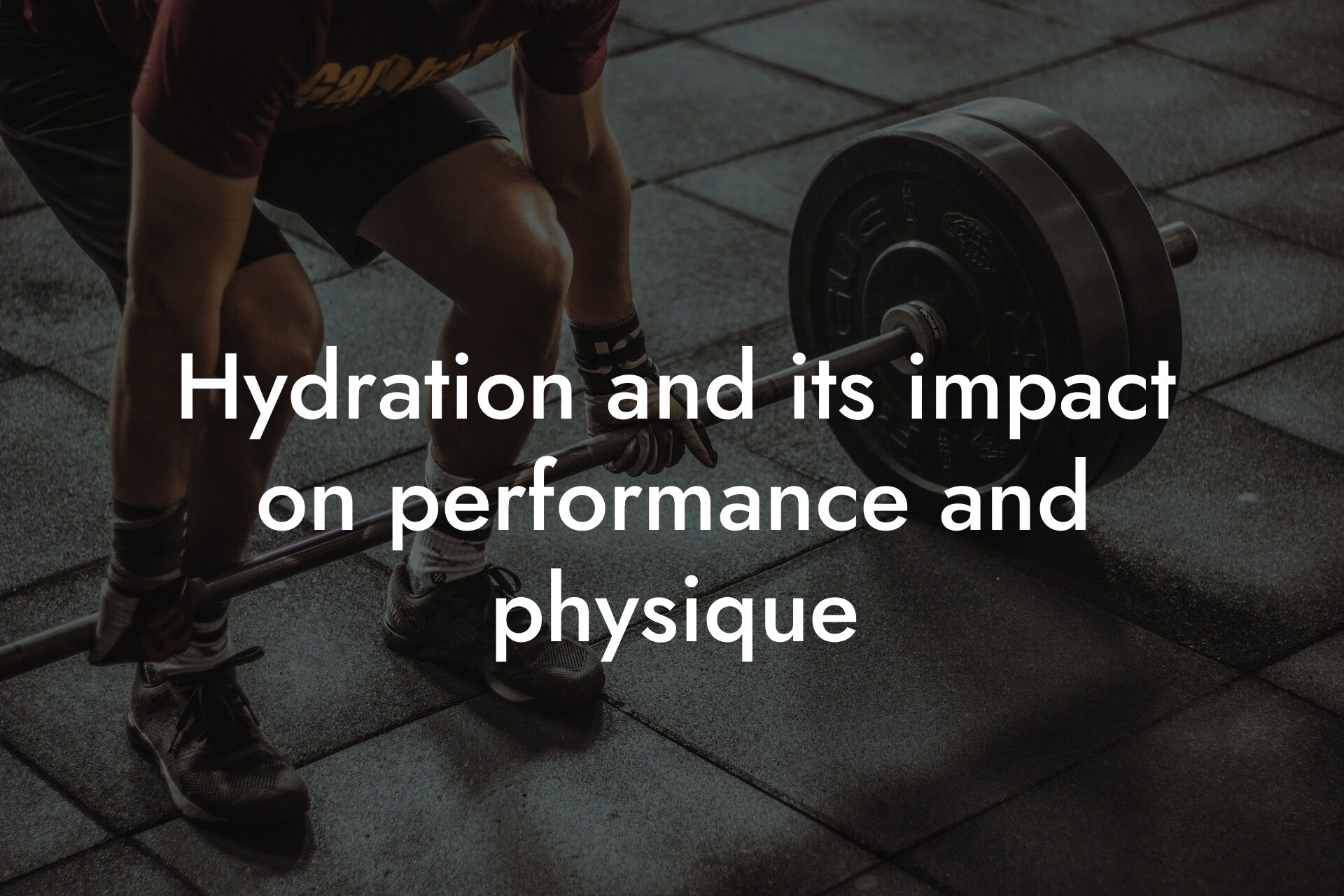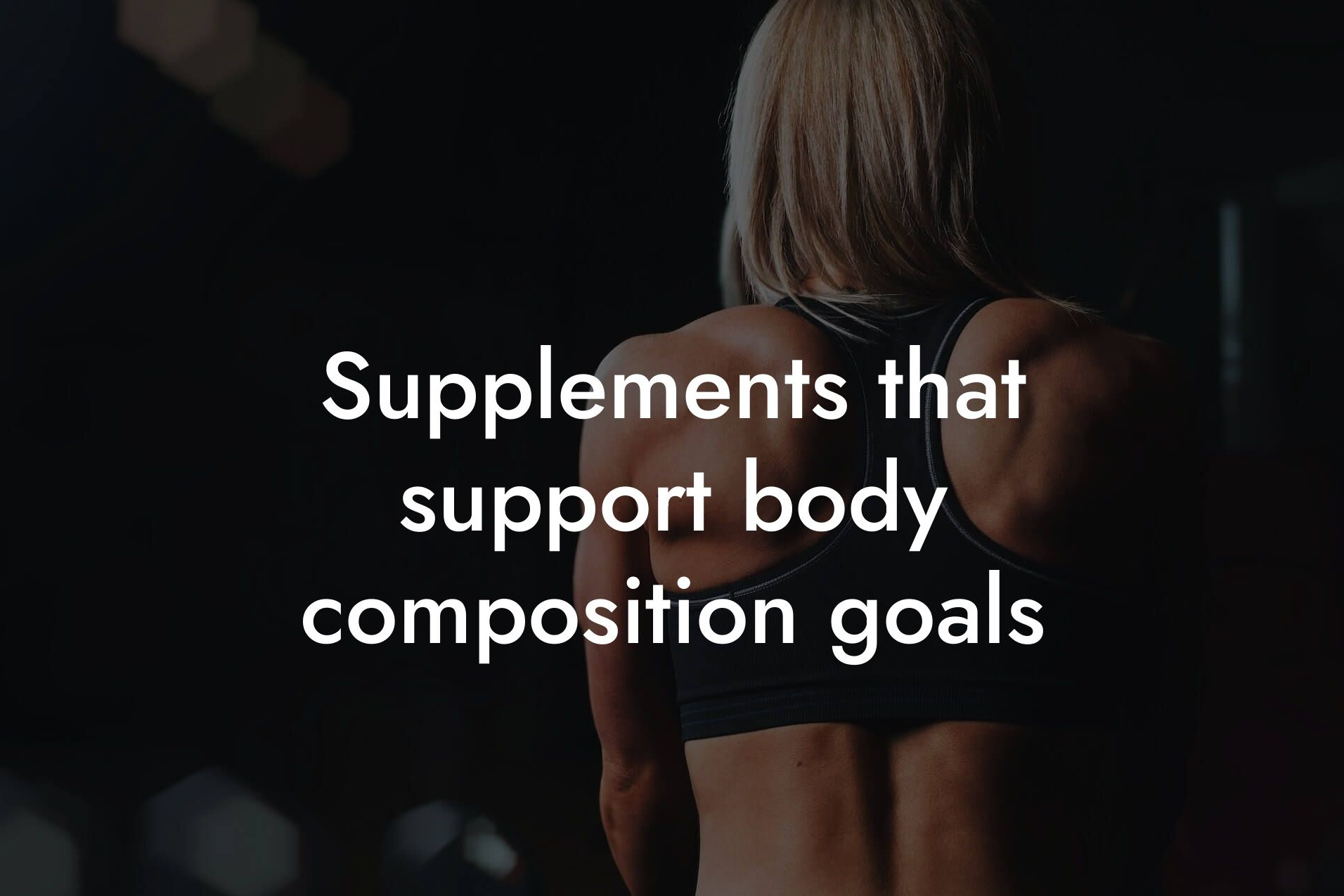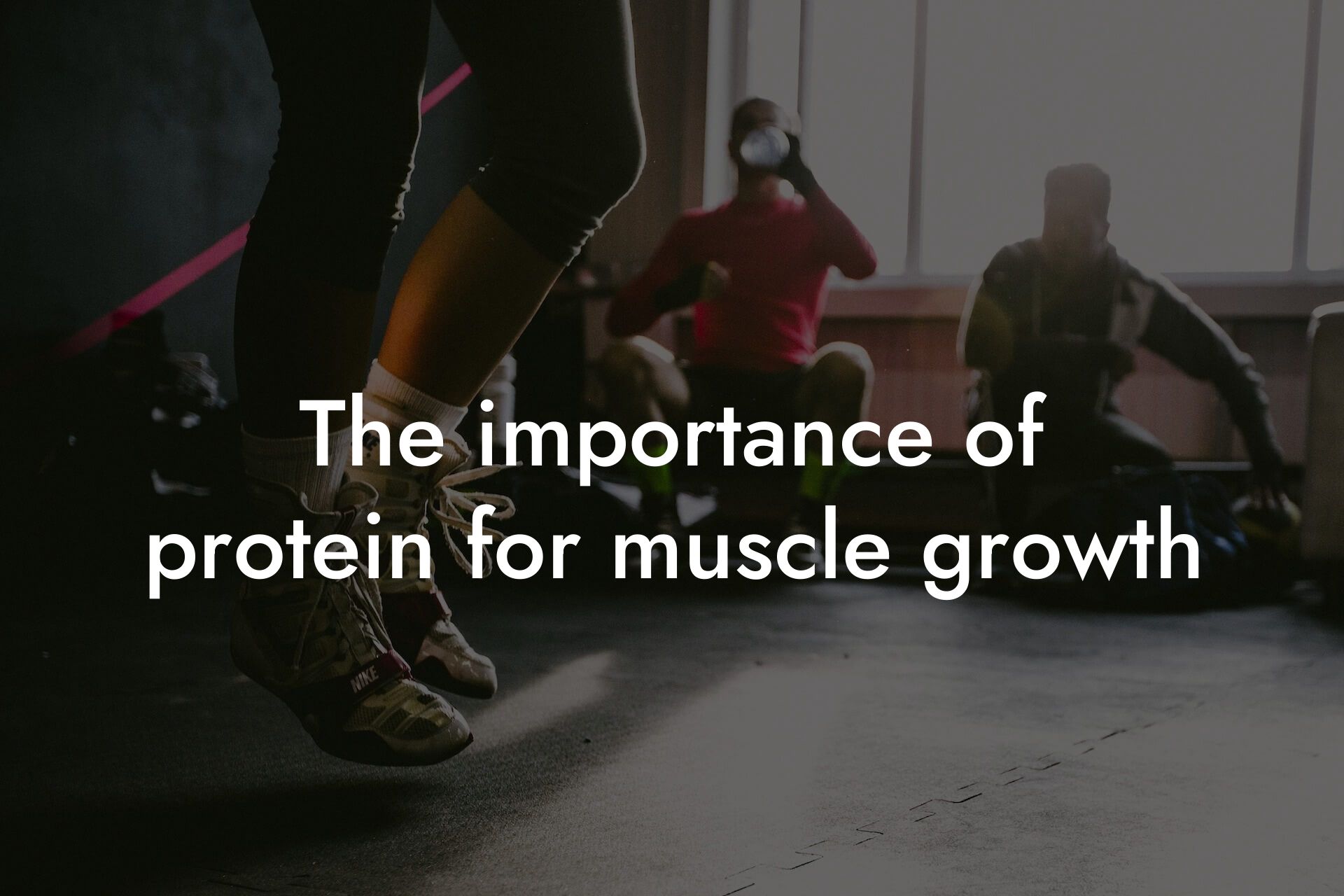As high-earning professionals, taking care of your physical appearance and overall health is crucial to maintaining peak performance in your career. One popular trend that has gained significant attention in recent years is intermittent fasting. But what exactly is intermittent fasting, and is it right for you? In this article, we'll delve into the benefits and risks of intermittent fasting, providing you with a comprehensive guide to help you make an informed decision.
Table of Contents
What is Intermittent Fasting?
Intermittent fasting is an eating pattern that involves alternating periods of eating and fasting in order to promote weight loss, improve metabolic health, and extend lifespan. There are several different methods of intermittent fasting, including:
- 16:8 Method: Fasting for 16 hours, eating within an 8-hour window
- 5:2 Diet: Eating normally for 5 days, restricting calories to 500-600 on the other 2 days
- Alternate Day Fasting: Alternating between days of normal eating and days of calorie restriction or fasting
- Eat-Stop-Eat: Fasting for 24 hours once or twice a week
Benefits of Intermittent Fasting
Research has shown that intermittent fasting can have numerous benefits for overall health and physique. Some of the most significant advantages include:
- Weight Loss: Intermittent fasting can lead to significant weight loss, particularly in visceral fat
- Improved Insulin Sensitivity: Intermittent fasting has been shown to improve insulin sensitivity, reducing the risk of developing type 2 diabetes
- Increased Human Growth Hormone (HGH) Production: Intermittent fasting has been linked to increased production of HGH, which can help with muscle gain and bone density
- Enhanced Autophagy: Intermittent fasting can stimulate autophagy, a natural process in which the body recycles and removes damaged cells and proteins
- Reduced Inflammation: Intermittent fasting has anti-inflammatory effects, which can help reduce the risk of chronic diseases
- Improved Mental Clarity and Focus: Many people report improved mental clarity and focus when following an intermittent fasting regimen
Risks and Side Effects of Intermittent Fasting
While intermittent fasting can be a highly effective way to improve overall health, it's not without its risks and side effects. Some of the most common include:
- Hunger and Cravings: Intermittent fasting can lead to intense hunger and cravings, particularly in the first few weeks
- Nutrient Deficiencies: If not planned properly, intermittent fasting can lead to nutrient deficiencies, particularly in vitamins and minerals
- Social and Emotional Challenges: Intermittent fasting can be difficult to stick to, particularly in social situations or when emotional eating is a habit
- Adverse Effects on Reproductive Health: Some research suggests that intermittent fasting may have adverse effects on reproductive health, particularly in women
- Interaction with Medications: Intermittent fasting can interact with certain medications, including blood thinners and diabetes medications
Who Should Not Try Intermittent Fasting
While intermittent fasting can be a highly effective way to improve overall health, it's not suitable for everyone. The following groups should consult with a healthcare professional before attempting intermittent fasting:
- Pregnant or Breastfeeding Women: Intermittent fasting can deprive the fetus or baby of essential nutrients
- Children and Teenagers: Intermittent fasting can affect growth and development in young people
- People with a History of Eating Disorders: Intermittent fasting can exacerbate eating disorders such as anorexia and bulimia
- People with Certain Medical Conditions: Intermittent fasting can be contraindicated in certain medical conditions, including diabetes, low blood pressure, and a history of heart disease
How to Implement Intermittent Fasting Safely and Effectively
If you're considering trying intermittent fasting, it's essential to do so safely and effectively. Here are some tips to get you started:
- Consult with a Healthcare Professional: Before starting any new diet or fasting regimen, consult with a healthcare professional to ensure it's safe for you
- Start Slow: Begin with a less intense method of intermittent fasting and gradually increase the duration and frequency of your fasts
- Stay Hydrated: Drink plenty of water during your fasts to help reduce hunger and prevent dehydration
- Listen to Your Body: If you're feeling weak, dizzy, or experiencing other adverse effects, it may be necessary to adjust your fasting regimen or seek medical attention
- Plan Your Meals: Make sure you're getting enough nutrients during your eating windows by planning your meals in advance
Monitoring Your Progress with DEXA Scans
As high-earning professionals, you understand the importance of tracking your progress and making data-driven decisions. At Tano Performance Group, we offer DEXA scans, a comprehensive body assessment that provides you with a detailed breakdown of your body composition, including:
- Body Fat Percentage
- Lean Muscle Mass
- Bone Density
- Visceral Fat
By tracking your progress with regular DEXA scans, you can adjust your intermittent fasting regimen and make informed decisions about your diet and exercise routine.
Intermittent fasting can be a highly effective way to improve overall health and physique, but it's essential to approach it safely and effectively. By understanding the benefits and risks, and implementing it in a way that works for you, you can achieve your goals and take your business to the next level. Remember to consult with a healthcare professional, stay hydrated, and listen to your body. And don't forget to track your progress with regular DEXA scans at Tano Performance Group.
Frequently Asked Questions
What is intermittent fasting?
Intermittent fasting is an eating pattern that involves alternating periods of eating and fasting in order to promote weight loss, improve metabolic health, and extend lifespan. There are various methods of intermittent fasting, including 16:8, 5:2, and Eat-Stop-Eat, among others.
How does intermittent fasting work?
Intermittent fasting works by restricting the times when you can eat, which allows your body to enter a fasting state. During this state, your body is forced to switch from relying on glucose for energy to relying on stored fat for energy. This can lead to weight loss, improved insulin sensitivity, and increased human growth hormone production.
What are the benefits of intermittent fasting?
The benefits of intermittent fasting include weight loss, improved insulin sensitivity, increased human growth hormone production, improved mental clarity and focus, and reduced inflammation. It may also help to increase longevity and reduce the risk of chronic diseases such as heart disease and cancer.
Is intermittent fasting safe?
Intermittent fasting is generally safe for most people, but it may not be suitable for everyone. It's important to consult with a healthcare professional before starting any new diet or fasting regimen, especially if you have any underlying health conditions or are taking medication.
Can I do intermittent fasting if I have diabetes?
It's possible to do intermittent fasting if you have diabetes, but it's important to consult with a healthcare professional first. They can help you determine the best approach and ensure that you're managing your blood sugar levels safely.
Will I feel hungry all the time?
It's normal to feel hungry when you first start intermittent fasting, but most people find that their hunger decreases over time. This is because your body adapts to the new eating pattern and learns to rely on stored fat for energy.
Can I eat whatever I want during my eating window?
While it's tempting to eat whatever you want during your eating window, it's important to focus on nutrient-dense foods such as fruits, vegetables, lean proteins, and whole grains. This will help you get the most benefits from intermittent fasting and support overall health.
Will I lose muscle mass?
It's possible to lose muscle mass if you're not consuming enough protein during your eating window. However, if you're eating enough protein and staying hydrated, you can minimize muscle loss and even build muscle.
Can I do intermittent fasting if I'm a vegetarian or vegan?
Yes, it's possible to do intermittent fasting as a vegetarian or vegan. You can focus on plant-based protein sources such as legumes, nuts, and seeds, and make sure to get enough nutrients during your eating window.
How long does it take to see results?
The time it takes to see results from intermittent fasting varies from person to person. Some people may see results in as little as a week, while others may take several weeks or even months. It's important to be patient and consistent with your approach.
Can I do intermittent fasting if I'm pregnant or breastfeeding?
It's generally not recommended to do intermittent fasting if you're pregnant or breastfeeding. This is because your body needs a steady supply of nutrients to support the growth and development of your baby.
Will I have low energy?
Some people may experience low energy when they first start intermittent fasting, but this usually subsides as their body adapts. In fact, many people report increased energy levels and improved mental clarity after starting intermittent fasting.
Can I do intermittent fasting if I have a history of eating disorders?
It's generally not recommended to do intermittent fasting if you have a history of eating disorders. This is because intermittent fasting can trigger disordered eating behaviors and worsen symptoms. It's important to consult with a healthcare professional or registered dietitian before starting any new diet or fasting regimen.
Will I be able to stick to it?
Sticking to intermittent fasting can be challenging, but it's definitely possible. It's important to start slowly and gradually increase the duration and frequency of your fasts. You can also find support from friends, family, or online communities to help you stay motivated.
Can I do intermittent fasting if I'm taking medication?
It's important to consult with a healthcare professional before starting intermittent fasting if you're taking medication. They can help you determine the best approach and ensure that you're managing your medication safely.
Will I be able to exercise during my fasting periods?
It's generally recommended to avoid intense exercise during your fasting periods, as this can cause dehydration and electrolyte imbalances. However, light exercise such as yoga or walking is usually okay.
Can I do intermittent fasting if I have adrenal fatigue?
It's generally not recommended to do intermittent fasting if you have adrenal fatigue. This is because intermittent fasting can put additional stress on your adrenal glands, which can worsen symptoms. It's important to consult with a healthcare professional before starting any new diet or fasting regimen.
Will I experience withdrawal symptoms?
Some people may experience withdrawal symptoms such as headaches, fatigue, and irritability when they first start intermittent fasting. However, these symptoms usually subside within a few days as their body adapts.
Can I do intermittent fasting if I'm over 65?
It's generally recommended to consult with a healthcare professional before starting intermittent fasting if you're over 65. This is because older adults may have underlying health conditions that need to be taken into account.
Will I be able to eat out or socialize while doing intermittent fasting?
Yes, it's definitely possible to eat out or socialize while doing intermittent fasting. You can simply plan your meals and fasts around your social schedule, and make healthy choices when eating out.
Can I do intermittent fasting if I have thyroid issues?
It's possible to do intermittent fasting if you have thyroid issues, but it's important to consult with a healthcare professional first. They can help you determine the best approach and ensure that you're managing your thyroid health safely.
Will I experience mood swings?
Some people may experience mood swings when they first start intermittent fasting, but this usually subsides as their body adapts. In fact, many people report improved mood and reduced anxiety after starting intermittent fasting.
Can I do intermittent fasting if I have polycystic ovary syndrome (PCOS)?
It's possible to do intermittent fasting if you have PCOS, but it's important to consult with a healthcare professional first. They can help you determine the best approach and ensure that you're managing your PCOS symptoms safely.
Here are some related articles you might love...
- Hydration and its impact on performance and physique
- Supplements that support body composition goals
- The importance of protein for muscle growth
- Macronutrient balance for physique enhancement
- Managing cravings and diet pitfalls
- Best diets for reducing body fat
- Nutrition tips for busy professionals
- How to meal prep for body composition goals
- How to eat for bone health
Zak Faulkner
Zak Faulkner is a leading authority in the realm of physical health and body composition analysis, with over 15 years of experience helping professionals optimise their fitness and well-being. As one the experts behind Tano Performance Group, Zak has dedicated his career to providing in-depth, science-backed insights that empower clients to elevate their physical performance and overall health.
With extensive knowledge of DEXA technology, Zak specializes in delivering comprehensive body assessments that offer precise data on body fat, muscle mass, bone density, and overall physique. His expertise enables individuals to make informed decisions and achieve their fitness goals with accuracy and confidence. Zak’s approach is rooted in a deep understanding of human physiology, combined with a passion for helping clients unlock their full potential through personalised strategies.
Over the years, Zak has earned a reputation for his commitment to excellence, precision, and client-focused service. His guidance is trusted by top professionals who demand the best when it comes to their health. Whether advising on fitness programs, nutritional strategies, or long-term wellness plans, Zak Faulkner’s insights are a valuable resource for anyone serious about taking their health and fitness to the next level.
At Tano Performance Group, Zak continues to lead our Content Team revolutionising how professionals approach their physical health, offering unparalleled expertise that drives real results.




